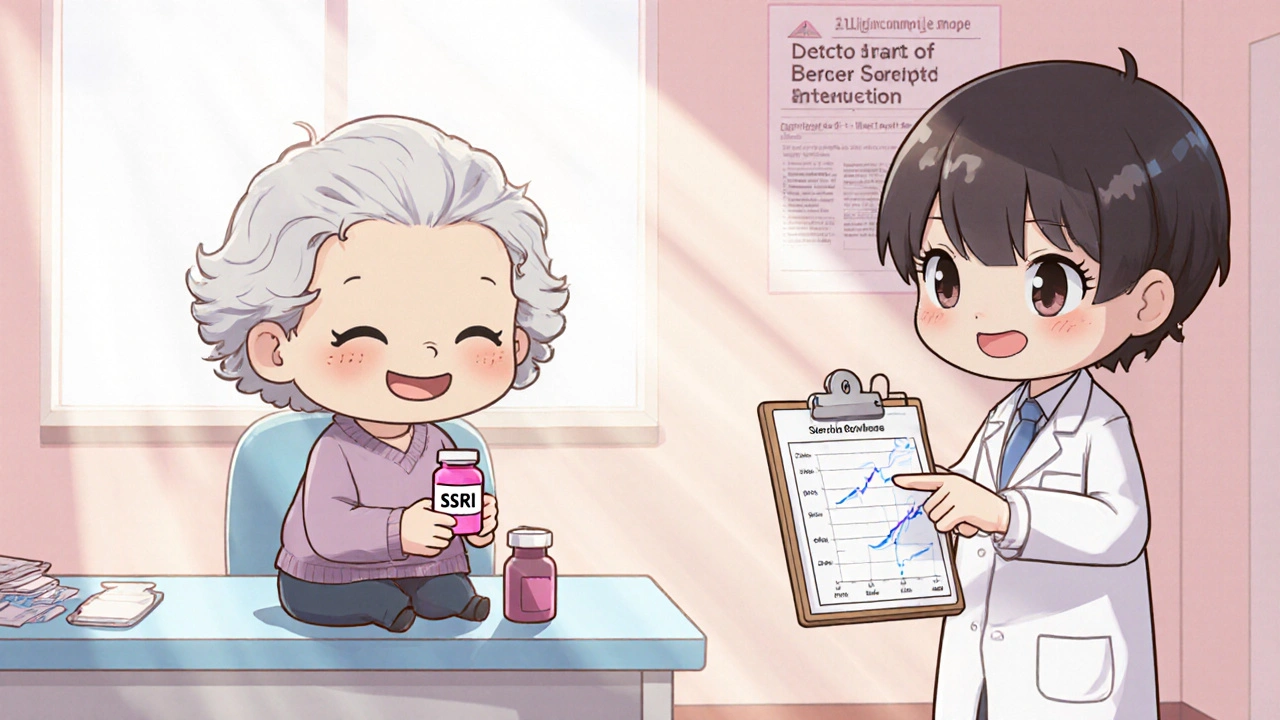Understanding SSRI‑Induced Hyponatremia: Low Sodium and Confusion Risk
24 Oct, 2025Learn why SSRIs can cause low sodium, how to spot early confusion, and what monitoring steps protect especially older patients.
READ MOREWhen doctors talk about low sodium, a dietary and medical guideline to reduce sodium intake for better cardiovascular health. Also known as sodium restriction, it's not just about skipping the salt shaker—it's a key part of managing conditions like high blood pressure, a condition where force against artery walls is too high, often worsened by excess sodium and heart failure, a condition where the heart can't pump enough blood, and fluid buildup is a major concern. Too much sodium makes your body hold onto water, which increases pressure in your blood vessels. That’s why reducing it isn’t a trend—it’s a proven strategy backed by decades of clinical data.
Many people don’t realize that diuretics, medications that help your body get rid of extra fluid through urine like hydrochlorothiazide and indapamide are often prescribed alongside low sodium diets. These drugs work better when you cut back on salt. If you’re on one of these meds, eating too much sodium can cancel out their effects. That’s why potassium management, the balance of potassium levels in your blood, often affected by diuretics and low sodium intake matters just as much. Low sodium doesn’t mean you’re safe from electrolyte issues—some people end up with low potassium, which can cause muscle cramps, fatigue, or even heart rhythm problems. It’s a tightrope walk: reduce salt, but don’t ignore what your body needs to stay in balance.
What you eat daily has a bigger impact than you think. Processed foods—canned soups, frozen meals, deli meats, and even bread—contain hidden sodium. You might be hitting 3,000 mg a day without ever adding salt. The goal? Under 2,300 mg, ideally closer to 1,500 mg if you have high blood pressure or heart issues. Reading labels isn’t optional—it’s essential. And if you’re taking meds like Micardis Plus or dealing with side effects from diuretics, your diet is part of your treatment plan. This isn’t about perfection. It’s about awareness. Small, consistent changes add up.
You’ll find posts here that connect the dots between low sodium and the medications you might be using. Whether it’s how indapamide can drop your potassium, why telmisartan works better with less salt, or how bloating and constipation can be tied to fluid shifts from sodium changes—this collection gives you the real-world links. No theory. No fluff. Just what you need to know to make your treatment plan actually work.

Learn why SSRIs can cause low sodium, how to spot early confusion, and what monitoring steps protect especially older patients.
READ MORE